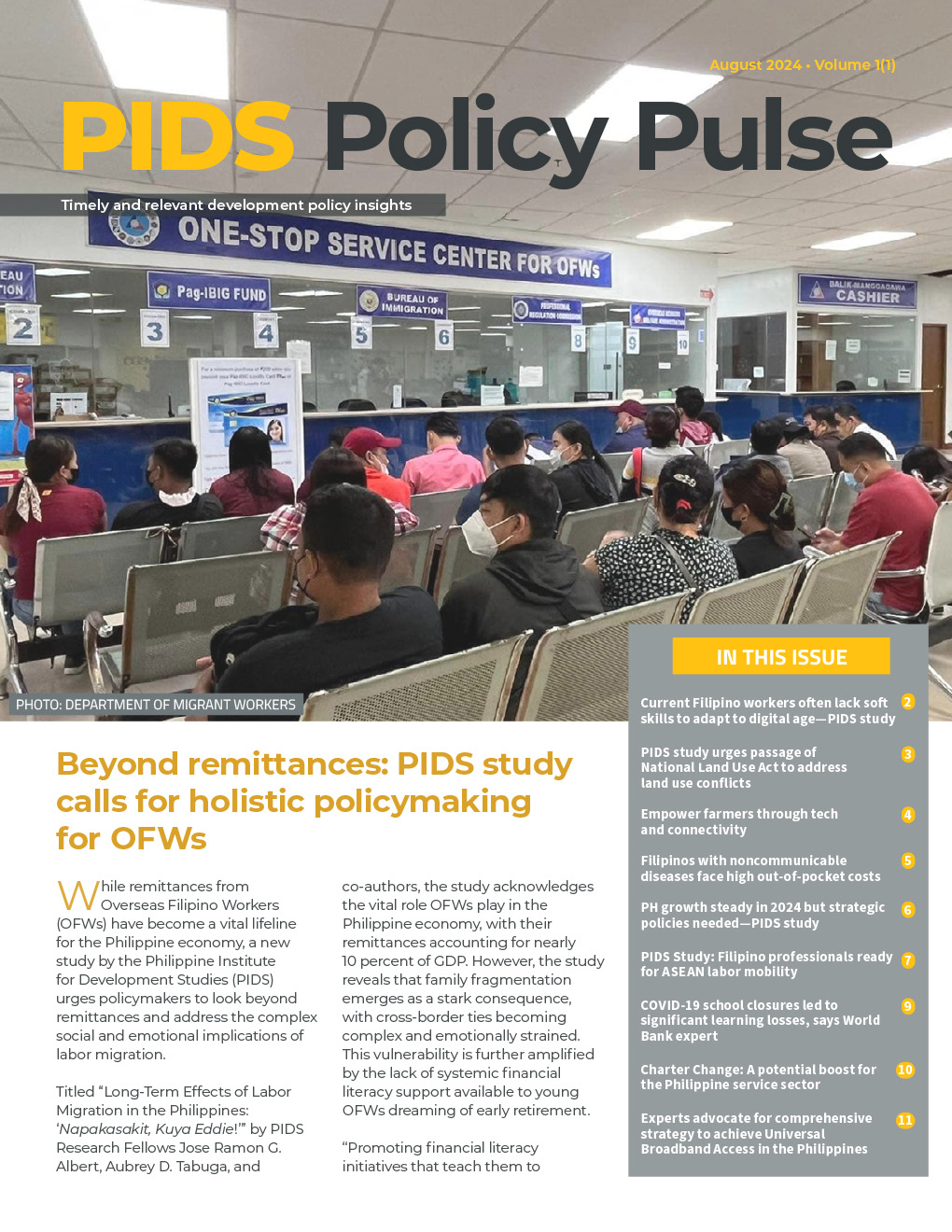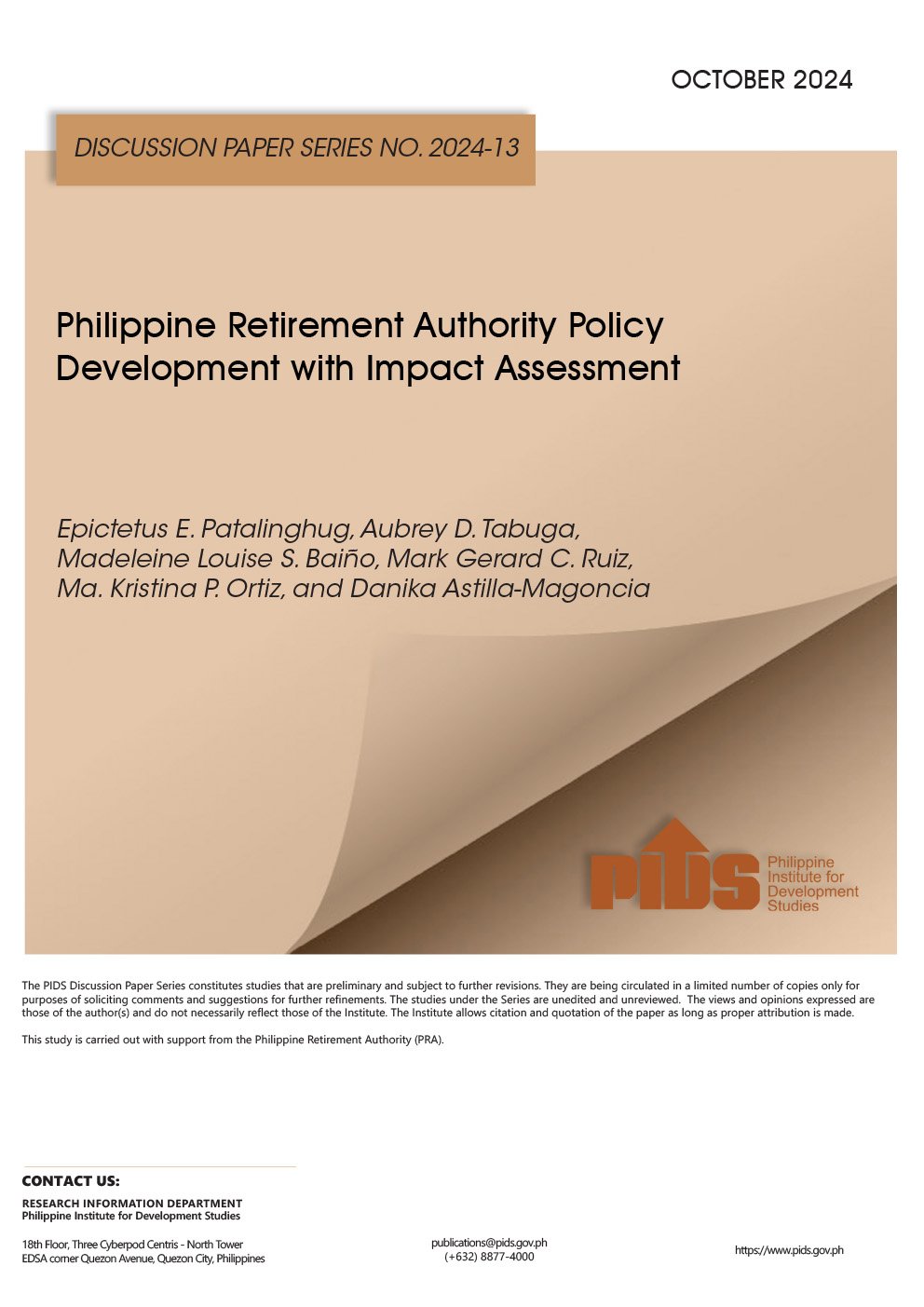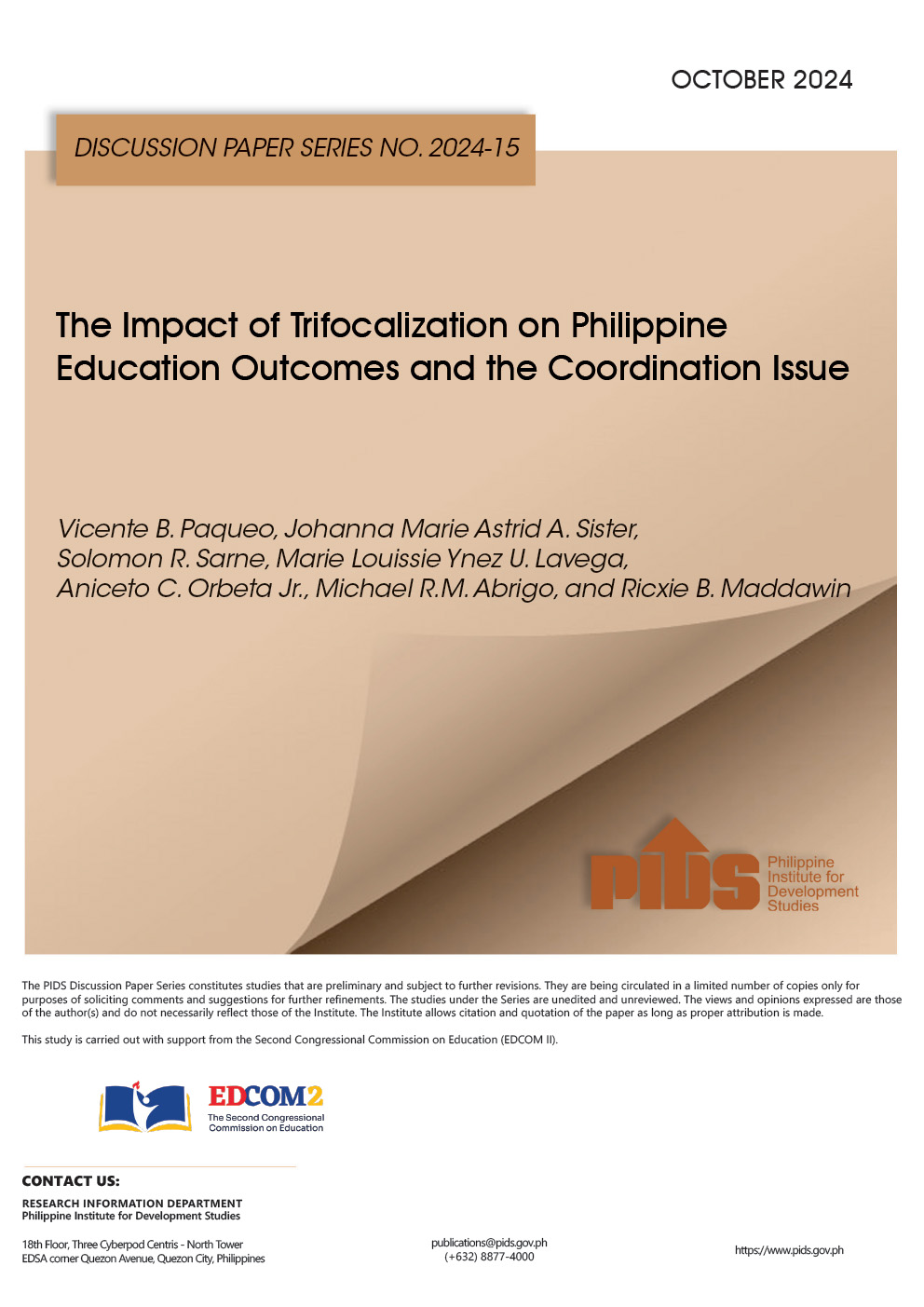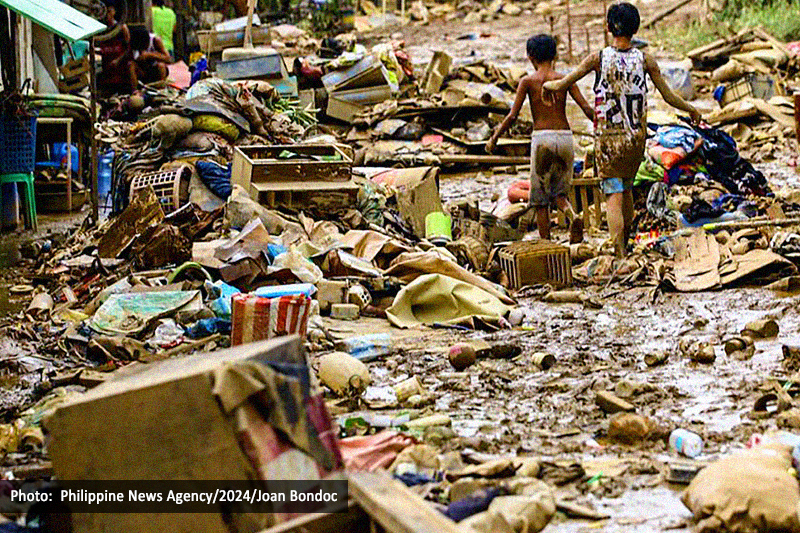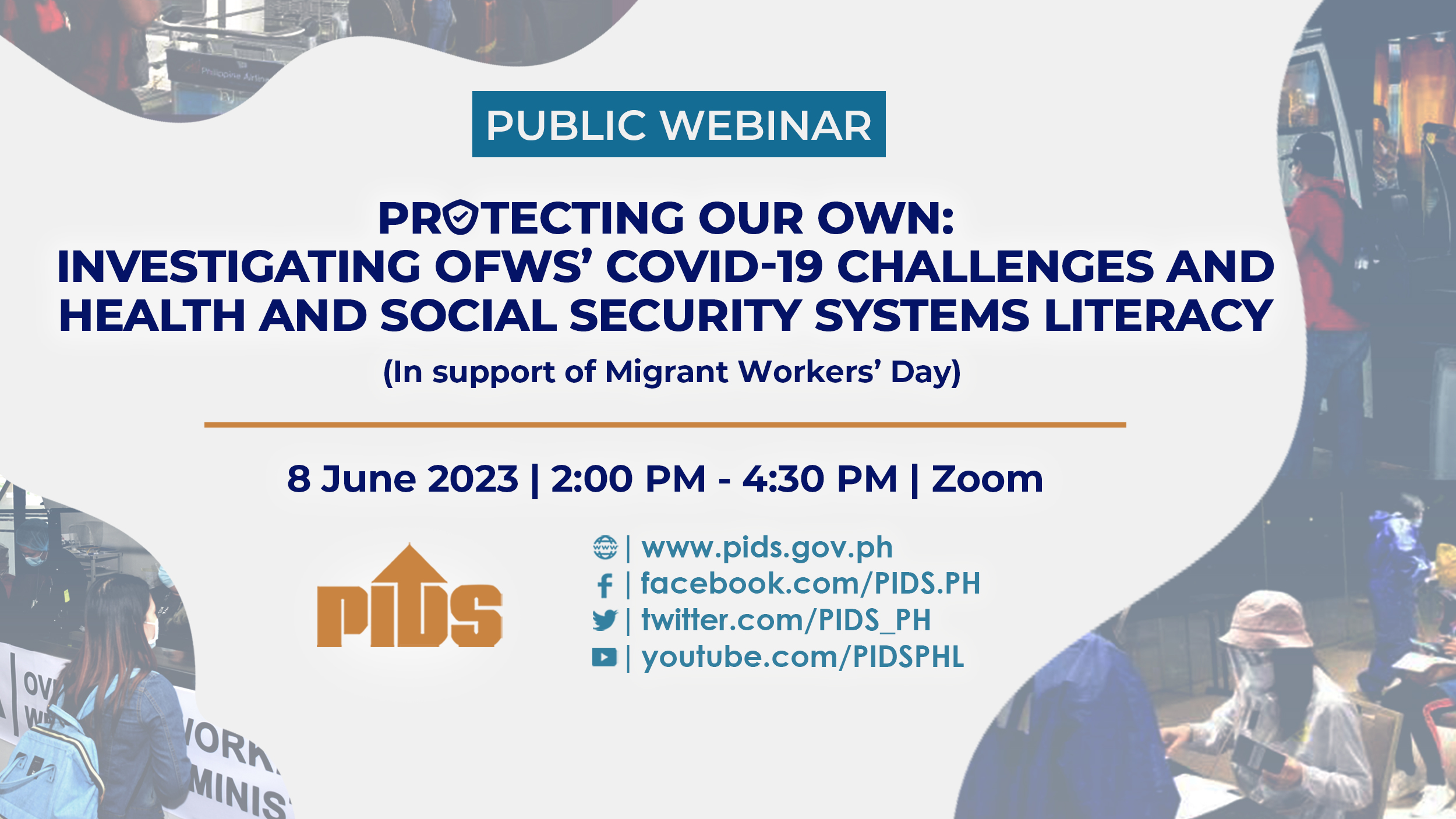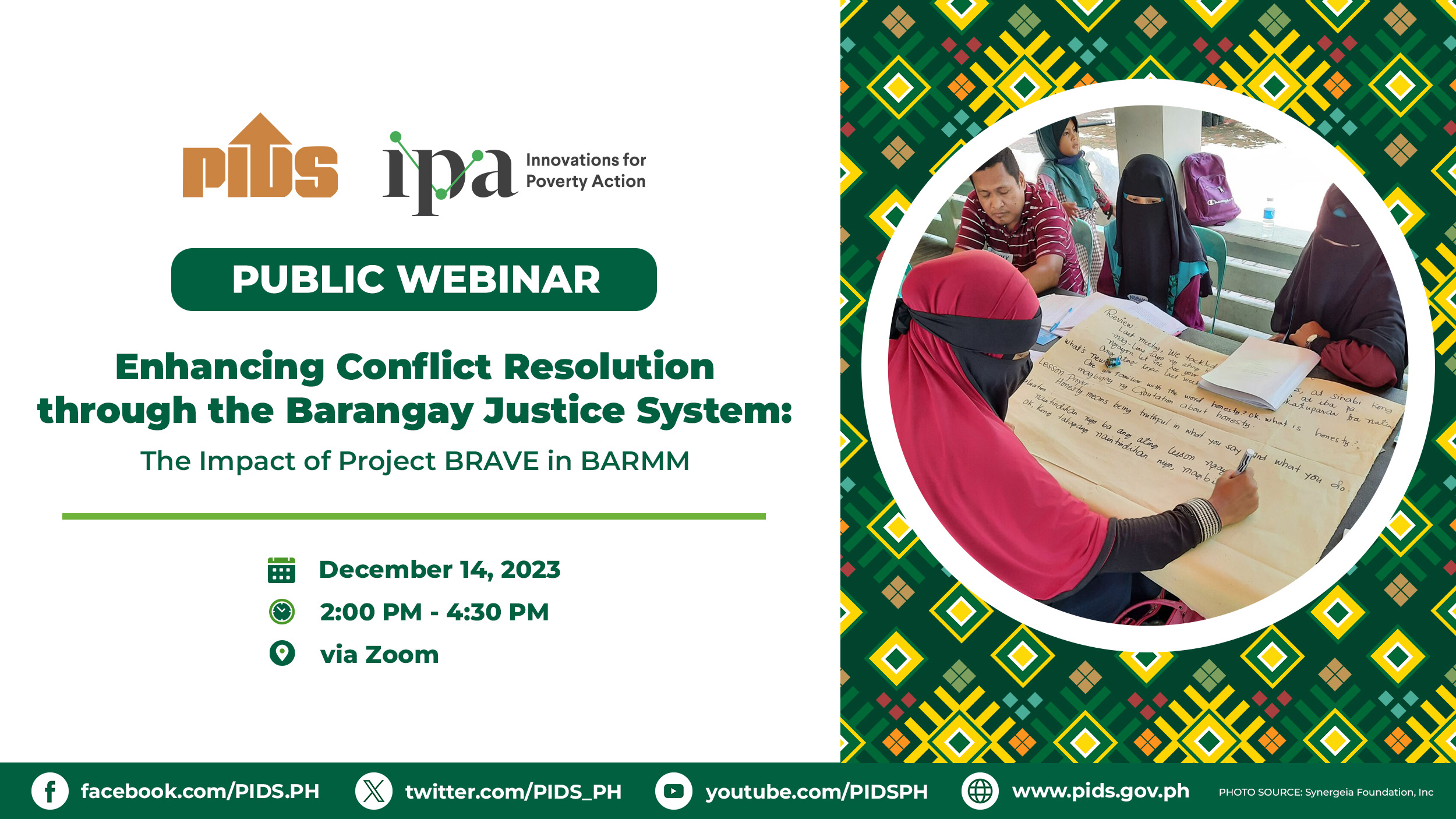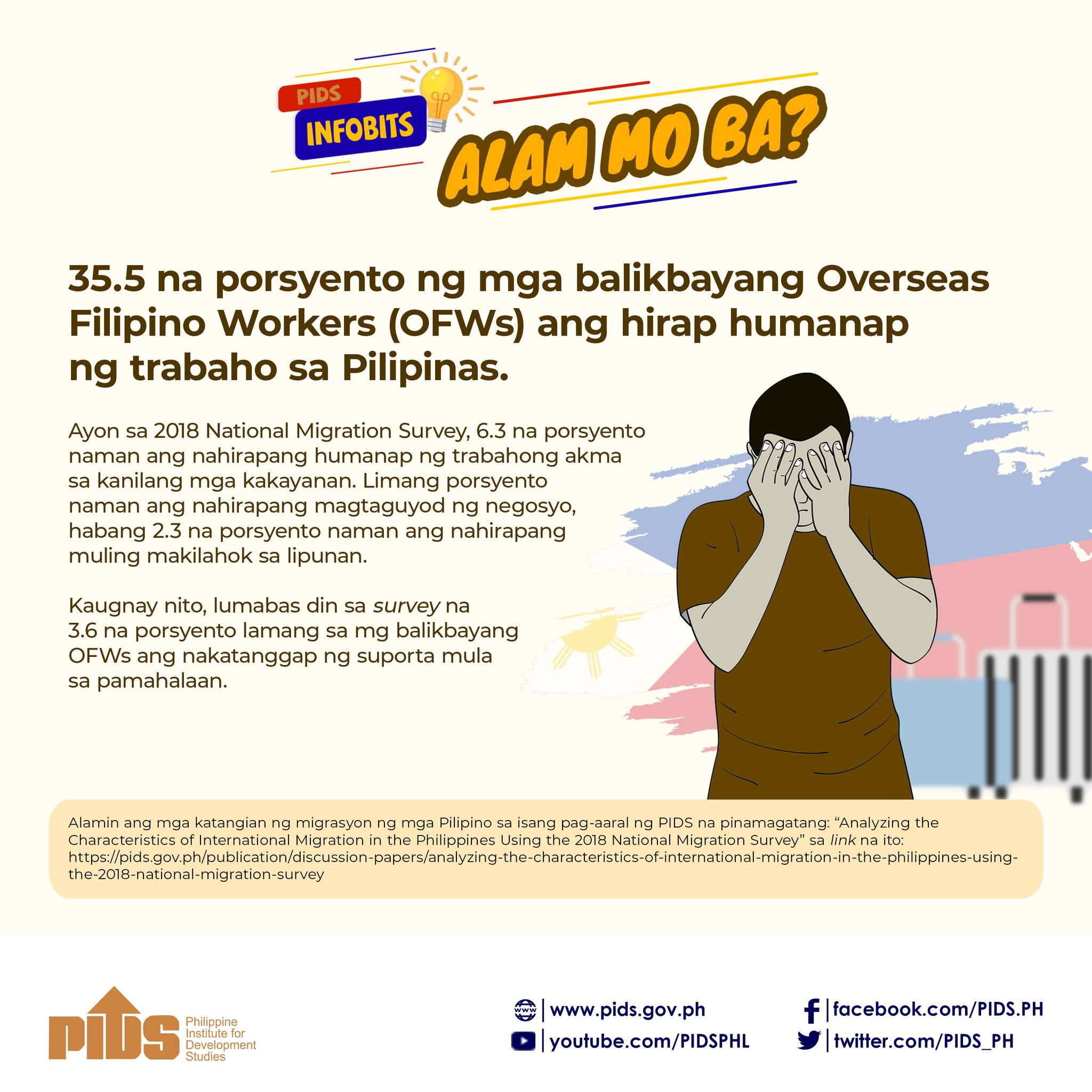THE so-called migrant crisis gripping the European Union (EU) will have minimal impact on Overseas Filipino Workers based in the region, a Malta-based economist said.
In a statement issued yesterday, the Philippine Institute for Development Studies (PIDS) noted the region could tighten borders to arrest the influx of refugees to Europe from the Middle East.
“[T]he breakdown of trust among European nations and the tightening of borders put free movement in the continent at risk, while hostilities against migrants intensify,” the statement read.
But Lino Briguglio, a professor at the University of Malta, said Filipinos working in the region have little to worry about.
“The Filipino people have a very good reputation in Europe,” Mr. Briguglio was quoted as saying in a presentation for a seminar that PIDS hosted on April 11.
“They often occupy jobs that are in demand. The migrant crisis will impact your overseas workforce as far as the tightening of visa rules and requirements is concerned.
Mr. Briguglio further noted that “if the EU collapses, the issue of stricter border rules will be a problem that the whole Europe and other foreigners will face and not just your Filipino [expatriates].”
The European migrant crisis is considered one of the year’s “big global shocks” that directly affect other potential and existing risks, PIDS President Gilberto M. Llanto said.
“This puts the onus on policymakers to evaluate in-depth how something as critical as the European migrant crisis could possibly affect a far-off country like the Philippines.”
Mr. Llanto noted that Mr. Briguglio’s presentation about the EU migrant crisis aligns with PIDS’ agenda of enriching the national discourse on building resilience against an array of risks.
Strategists in the EU need to strengthen the region’s capacity to receive asylum seekers and expedite the processing procedure, Mr. Briguglio said.
For instance, Europe can create a common asylum system to harmonize the treatment of asylum seekers and refugees and share the responsibility.
“Geography has dictated the disproportionate distribution of responsibility among European countries in dealing with the crisis,” Mr. Briguglio said.
The Dublin Regulation places the responsibility of temporarily keeping and recognizing asylum seekers on the country where the migrants first arrive.
“Because most migrants originate from the Maghreb, South Asia, and the Middle East, nations like Greece, Italy, Malta, and Eastern European countries like Hungary bear majority of that responsibility,” Mr. Briguglio explained.
The professor also cited how employment could reduce cultural tensions and the cost of hosting irregular migrants.
“Policymakers will have to sort out and reduce skill mismatches, address and minimize language barriers, and protect the migrants from further exploitation.”
The Philippines is a signatory to the 1952 Refugee Convention, which provides a clear procedure on managing refugees. A Refugee and Stateless People Protection Unit under the Department of Justice regularly deals with refugees from countries like Syria and Pakistan, according to PIDS.//
In a statement issued yesterday, the Philippine Institute for Development Studies (PIDS) noted the region could tighten borders to arrest the influx of refugees to Europe from the Middle East.
“[T]he breakdown of trust among European nations and the tightening of borders put free movement in the continent at risk, while hostilities against migrants intensify,” the statement read.
But Lino Briguglio, a professor at the University of Malta, said Filipinos working in the region have little to worry about.
“The Filipino people have a very good reputation in Europe,” Mr. Briguglio was quoted as saying in a presentation for a seminar that PIDS hosted on April 11.
“They often occupy jobs that are in demand. The migrant crisis will impact your overseas workforce as far as the tightening of visa rules and requirements is concerned.
Mr. Briguglio further noted that “if the EU collapses, the issue of stricter border rules will be a problem that the whole Europe and other foreigners will face and not just your Filipino [expatriates].”
The European migrant crisis is considered one of the year’s “big global shocks” that directly affect other potential and existing risks, PIDS President Gilberto M. Llanto said.
“This puts the onus on policymakers to evaluate in-depth how something as critical as the European migrant crisis could possibly affect a far-off country like the Philippines.”
Mr. Llanto noted that Mr. Briguglio’s presentation about the EU migrant crisis aligns with PIDS’ agenda of enriching the national discourse on building resilience against an array of risks.
Strategists in the EU need to strengthen the region’s capacity to receive asylum seekers and expedite the processing procedure, Mr. Briguglio said.
For instance, Europe can create a common asylum system to harmonize the treatment of asylum seekers and refugees and share the responsibility.
“Geography has dictated the disproportionate distribution of responsibility among European countries in dealing with the crisis,” Mr. Briguglio said.
The Dublin Regulation places the responsibility of temporarily keeping and recognizing asylum seekers on the country where the migrants first arrive.
“Because most migrants originate from the Maghreb, South Asia, and the Middle East, nations like Greece, Italy, Malta, and Eastern European countries like Hungary bear majority of that responsibility,” Mr. Briguglio explained.
The professor also cited how employment could reduce cultural tensions and the cost of hosting irregular migrants.
“Policymakers will have to sort out and reduce skill mismatches, address and minimize language barriers, and protect the migrants from further exploitation.”
The Philippines is a signatory to the 1952 Refugee Convention, which provides a clear procedure on managing refugees. A Refugee and Stateless People Protection Unit under the Department of Justice regularly deals with refugees from countries like Syria and Pakistan, according to PIDS.//

